Well, that probably isn’t the best place to start.
Connecting our individual struggles to wider issues, understanding how oppressions and barriers work across communities and finding common ground to respond out of are useful tools to apply before taking action. Often, thinking through each of these for yourself up front can help further down the line.
The barriers we face as disabled people don’t exist in a vacuum. They certainly don’t exist separately from the barriers young people face, or the LGBT+ community; or any other community for that matter. And, who really defines themself as simply a man, or simply a disabled person, or simply working class? We are all many things and have multiple identities, and unless you have access to exceptional wealth or opportunity, we are all likely to face a series of barriers as a result of this.
Barriers, that as we have seen previously, can take many forms. Whether it is attitudinal barriers or institutional ones, learning to recognise them helps you to understand how they work, and how to address them. It’s a cyclical issue - how society views and talks about different communities often significantly contributes to said community’s position within society. Those with influence – politicians, media, artists etc – frame the narrative, which often sets the tone for further discussion and attitudes.
So when the Government talks about ‘skivers’ and ‘fraudsters’ in the same breath as disabled people and benefits claimants, supported by the media producing work like Benefit Street; it's easy to see why attitudes can become skewed. In some cases, attitudes can move from simply skewed to dangerous. A report by Glasgow University, ‘Bad News for Disabled People’, found that within a year of the Tories coming to power in 2010, the use of words like cheat, scrounger and fraudster almost trebled in newspaper articles about disabled people/disability issues. In the same period, disability hate crime rose by over 30%. These two things aren’t unconnected. The use of language which demonised disabled people to legitimise the policy direction of welfare cuts lead directly to a change of attitude towards disabled people amongst the general public.
In the same vein, framing the narrative around young people as being ‘lazy’ and uninterested in contributing to their communities sets the tone in the public's mind - legitimising cuts to services and support for young people. Cuts to EMA, Housing Benefits for 18-21 year olds and young people's health services are just some of the examples of attacks which can be carried out once you ‘capture hearts and minds of the public’, so said Margaret Thatcher. Once people’s attitudes have been set, it produces the opportunity to create further barriers – denial of income & services, reduction of rights, institutions which are inaccessible and not inclusive.
If you are a young disabled person, the effects of multiple barriers overlapping are evident in every area of your life – housing, employment, standard of living, independence, relationships – everything. Trying to even keep abreast of what’s happening to you can be exhausting, never mind trying to navigate it. Resisting the pressures those barriers place on you, pushing back, is critical. Once you begin to resist, you begin to understand where you’re own ‘lines’ are; what you are willing to accept and what you aren’t.
Which is why the solution is solidarity. When you recognise these barriers manifesting in other people’s lives then you can see yourself reflected in their struggle; you can begin to share your experiences, your knowledge. You offer support and advice, you share resources and networks. You’re there to listen to each other. You can look to others in similar circumstances and build together.
Get involved, join your local DPAC Group and support our local & national campaigns.
If this series of articles have interested you enough to take action please get in touch with us in any of the ways below:
- Email – [email protected]
- Website – www.dpac.uk.net
- Twitter - @Dis_PPL_Protest
- Facebook - https://www.facebook.com/disabledpeopleagainstcuts/

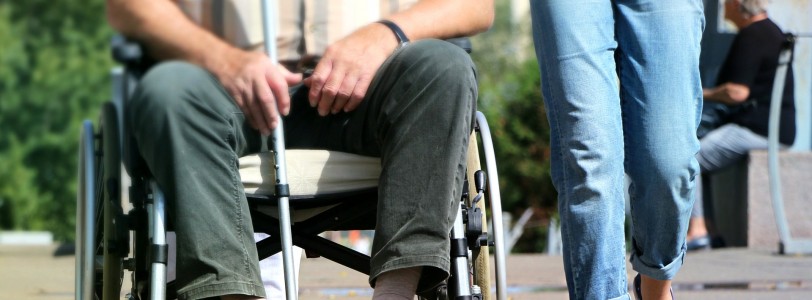
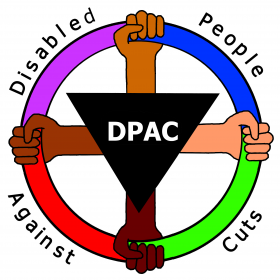
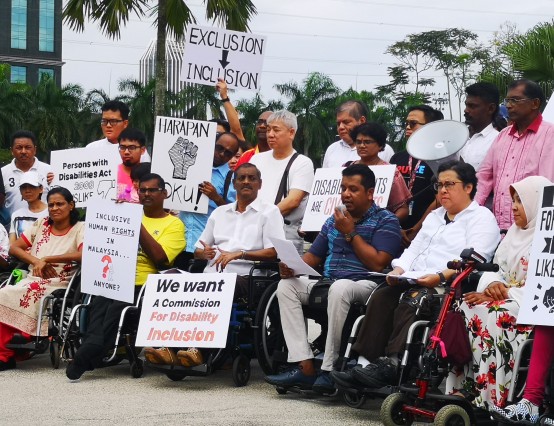
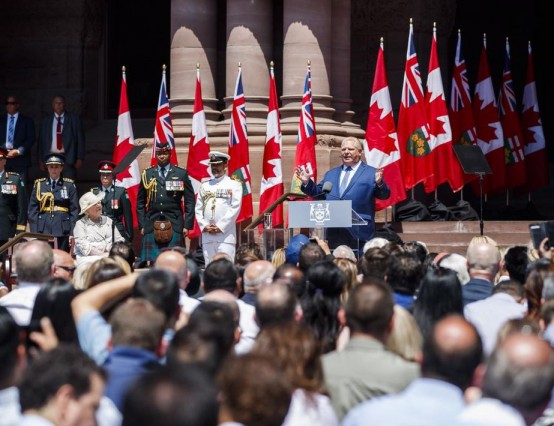
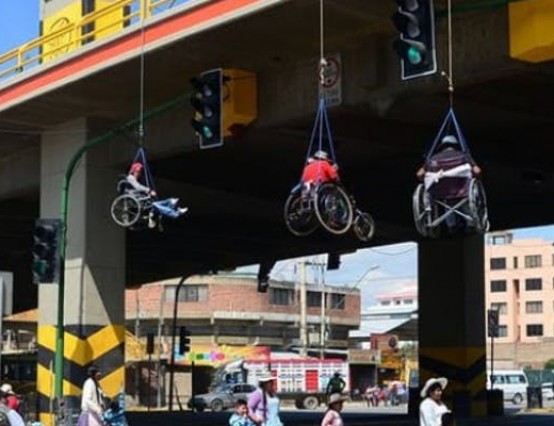




Brilliant article. I couldn't agree more - thank you for featuring on Voice and giving us your voice.